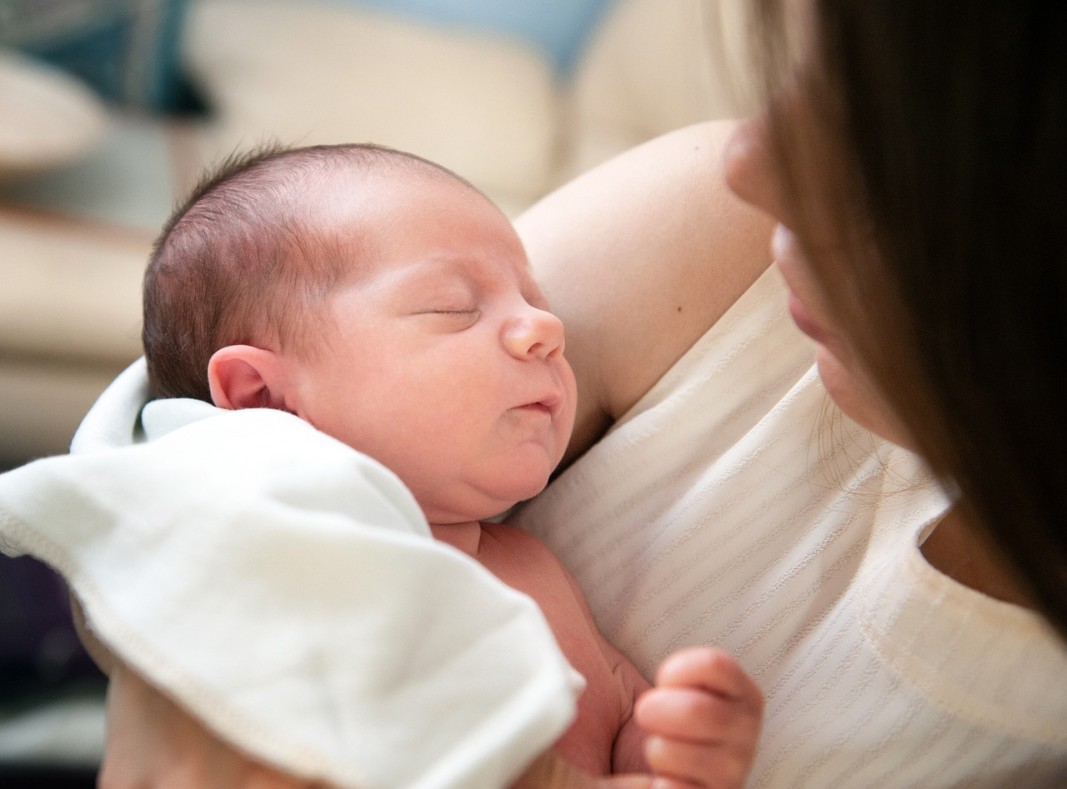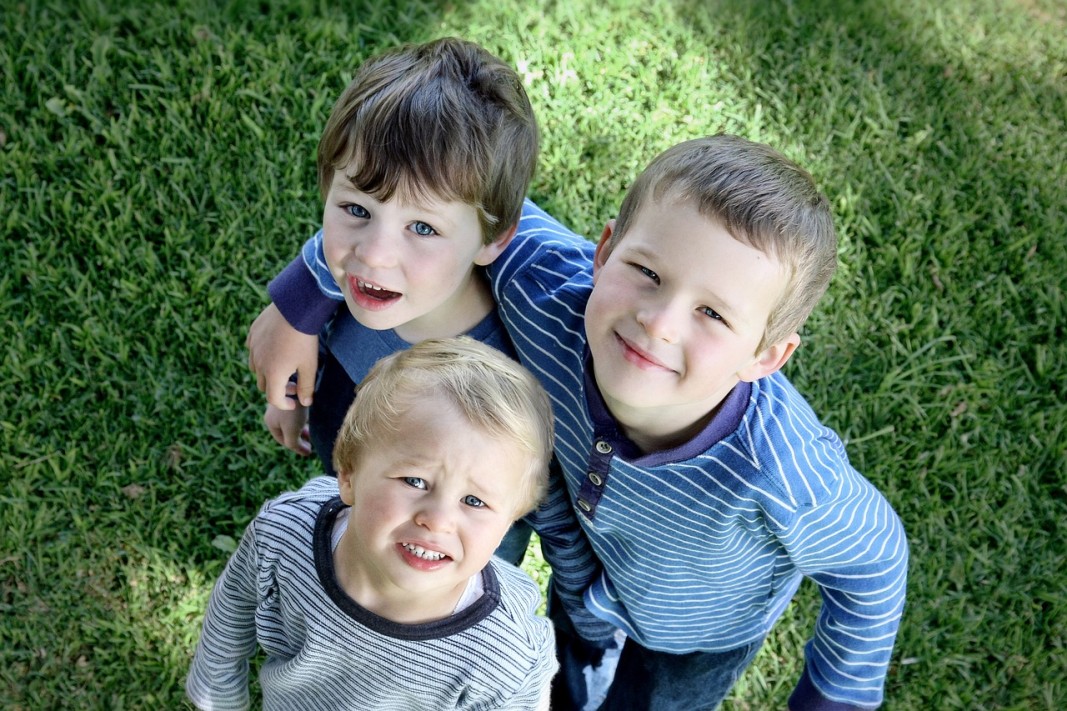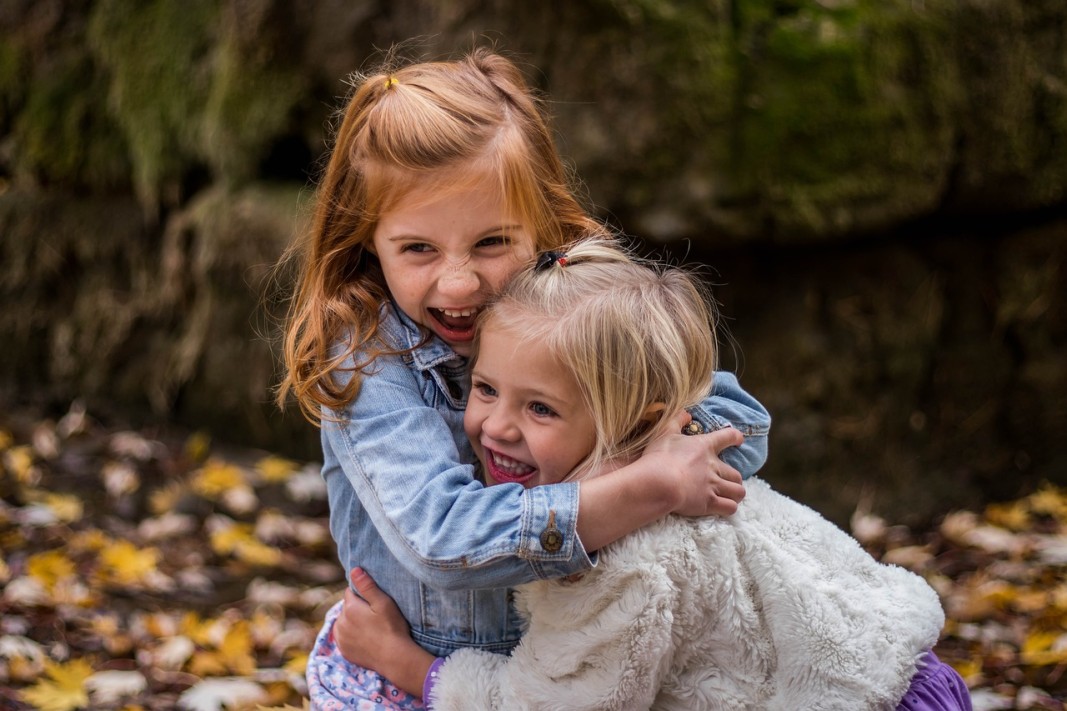Chosing the name of a newborn is important not only to the little person and her/his parents, but also to society, as naming traditions are part of the national culture. That is why in most European countries naming is regulated by law. In Bulgaria, however, legislation is liberal. When the time comes to name a child, Bulgarians have the freedom to let their imagination run wild.
Traditions of giving a name to a child were once strictly followed by the patriarchal society. Tradition had it that the firstborn was to be named after the father or mother of the husband, depending on whether it was a boy or a girl, of course. If the offspring was born on the feast of a saint, it was named directly after the saint. Children were never given the name of a deceased relative unless he had departed this world at a very young age.
In the old days, there were some rather curious traditions - if a family had only girls, they would name the next baby girl Dosta, Stiga (both meaning "enough" - ed.), to convince God to stop sending the family only female children. Or if many of the children in a family had died, they chose an unattractive name for the newborn, such as Chernyo, Groznyo ("of dark complexion", "ugly"), to drive the evil forces away.
 Traditional Bulgarian names are of Slavic or Proto-Bulgarian origin, as well as those associated with the Christian religion. But nowadays globalization has turned naming traditions topsy-turvy.
Traditional Bulgarian names are of Slavic or Proto-Bulgarian origin, as well as those associated with the Christian religion. But nowadays globalization has turned naming traditions topsy-turvy.
"Nowadays things are quite different," says Prof. Dr. Anna Choleva-Dimitrova, PhD, from the Bulgarian Language Institute at the Bulgarian Academy of Sciences. More and more families have only one child - who should they name it first so as not to offend relatives? And we rank among the first in Europe in cohabitation without marriage. So young people no longer feel bound by the tradition of naming their babies after the grandparents. Other trends have emerged that erase this tradition of continuing the family name. Besides, many Bulgarians live abroad where they conform to local norms and influences. Our research in recent years shows that in Bulgaria the tradition is respected by 20-30%. But the foreign names that enter are between 30-40%."
 The most common tendency is to look for foreign forms of Bulgarian names. Thus Hristo becomes Christian, Todor - Theodore, Nikolinka turns into Nicole, Stefka - into Stephanie, Dobrinka - into Dolores, etc. At the same time, the older variants of names, such as Johan and Ioanna instead of Ivan and Ivanka, etc., came into fashion. You will hardly meet a young person with a name in diminutive form like Toncho, Genko, Yordanka, Siyka, etc. At the same time, some of the prevalent female names until the end of the 20th century such as Maria, Elena or Boryana are gradually "pushed aside" by the foreign names like Nicole, Sofia, Alexandra, Gabriela, etc.
The most common tendency is to look for foreign forms of Bulgarian names. Thus Hristo becomes Christian, Todor - Theodore, Nikolinka turns into Nicole, Stefka - into Stephanie, Dobrinka - into Dolores, etc. At the same time, the older variants of names, such as Johan and Ioanna instead of Ivan and Ivanka, etc., came into fashion. You will hardly meet a young person with a name in diminutive form like Toncho, Genko, Yordanka, Siyka, etc. At the same time, some of the prevalent female names until the end of the 20th century such as Maria, Elena or Boryana are gradually "pushed aside" by the foreign names like Nicole, Sofia, Alexandra, Gabriela, etc.
 But when it comes to their male offspring, Bulgarians still choose traditional Bulgarian names. Although there is a fashion in this too: the names of Bulgarian rulers - Kaloyan, Ivan-Alexander, Boris, etc. - are becoming more and more common.
But when it comes to their male offspring, Bulgarians still choose traditional Bulgarian names. Although there is a fashion in this too: the names of Bulgarian rulers - Kaloyan, Ivan-Alexander, Boris, etc. - are becoming more and more common.
"Creativity is much greater in female personal names," says Prof. Choleva-Dimirova. This has given the world a number of new names such as Kristiandra, Oda, Milozara, Devaila... Parents should be asked what they had in mind when they named their children this way. Sometimes these are compound names, after the first letters of the names of the two grandmothers, or a mash-up of two names, such as Dejamira or Emima, or just a figment of the imagination. There have always been such curious names, especially today when families have fewer children and want the child's name to be distinctive. There is also a tendency to keep names as short as possible, such as Thea, Nia, Mia... One much-loved name is Aya, for example, and there has even been a name of just one letter "Я" (Ya).
 Another trend is for girls to lose the letter "a" from their surname (traditionally ending in -ov, -ev for men and -ova, -eva for women), thus there are Bulgarian women whose father's name and surname end in a way that is traditional for men, says Prof. Dr. Choleva-Dimitrova.
Another trend is for girls to lose the letter "a" from their surname (traditionally ending in -ov, -ev for men and -ova, -eva for women), thus there are Bulgarian women whose father's name and surname end in a way that is traditional for men, says Prof. Dr. Choleva-Dimitrova.
Photos: pixabay, pexels
English version: Elizabeth RadkovaFrom February 14 to 16, an event under the motto "Love and Wine" will allow Sofia residents and guests of the city to combine the Bulgarian holiday of wine Trifon Zarezan with Valentine's Day. It will be held on the pedestrian zone..
World Radio Day - 13 February, this year is dedicated to climate change. The choice is no coincidence—2025 has been identified by the Paris Agreement as a crucial year for humanity to achieve its long-term goal of limiting global warming to a maximum of..
“On 13 February this year, Bulgarian consumers must not shop at any of the grocery stores, at any of the chain stores, at any of the supermarkets! On 13 February grocery stores must be left empty, with not a single buyer in them,” the organizers..
Exactly a month after the Bulgarian National Radio solemnly celebrated its 90th anniversary, history continues its dialogue with us, its authors. With a..

+359 2 9336 661
